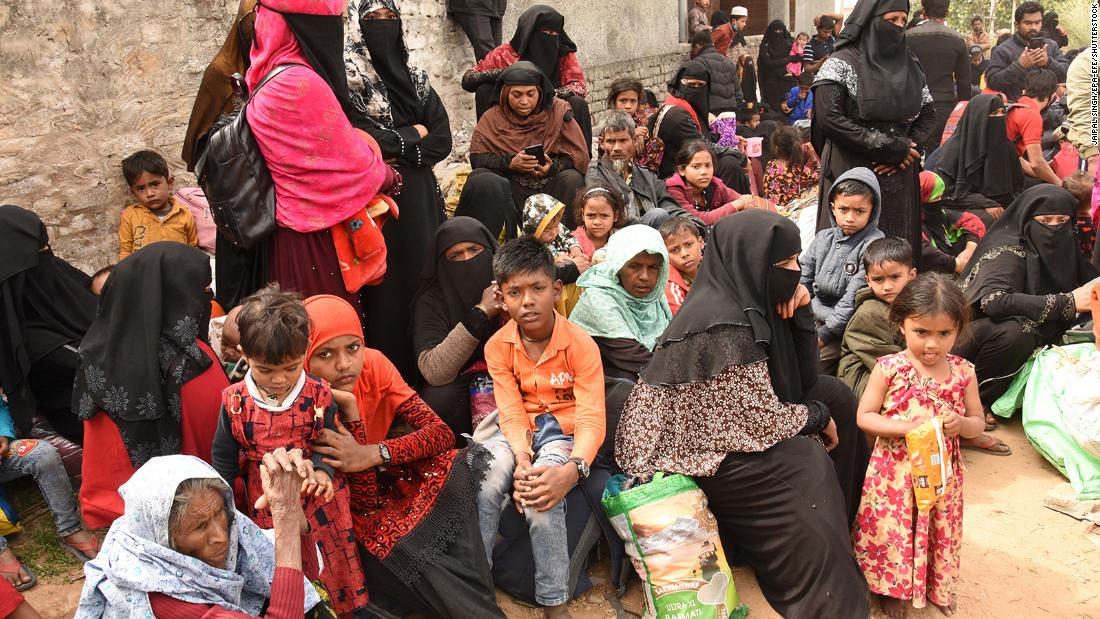
Dozens of Rohingya, a Muslim minority, are now in a makeshift shelter in Jammu’s Hira Nagar prison. They were identified after local authorities conducted biometric and other tests on hundreds of people to verify their identities.
“The ride is part of an exercise to track down foreigners living in Jammu without valid documents,” said one of the two officials, who declined to be named because they are not authorized to speak to the media.
“We have started to deport these refugees,” the official added.
In 2019, the Indian government split the former state of Jammu and Kashmir into two union territories, revoking the former limited autonomy and increasing New Delhi’s control over the Muslim-majority region.
Prime Minister Narendra Modi’s Hindu nationalist government views the Rohingya as illegal immigrants and a security risk, and has ordered that thousands of those living in scattered settlements be identified and deported.
Myanmar’s military has been accused of perpetrating atrocities, including mass murders and rapes against the Muslim minority, forcing nearly one million people to flee. Most now live in dilapidated refugee camps on the border with Bangladesh. The UN has recommended that top military officials be charged with genocide.
Myanmar has denied allegations of genocide and says the military was conducting a legitimate campaign against the insurgency.
But India has rejected the United Nations’ position that expelling the Rohingya violates the international legal principle of refoulement – returning refugees to a place where they are in danger.
The Government of India has also argued that India is not a signatory to either the specific UN Convention on the Status of Refugees or the Protocol on the Status of Refugees. A total of 148 countries have signed one of these two legal agreements outlining the rights of refugees and intended to protect them.
The Rohingya living in Jammu said they were concerned about the weekend’s detentions and the threat of deportation.
“We will go back when peace returns to our country,” said Sufeera, 28. She said her uncle and brother had been sent to the shelter, leaving her alone with her children.
Another refugee, 48-year-old Sadiq, said his family members had also been detained. “We have been told we will be deported,” he said. “They took mother and father … Who’s taking care of them?”